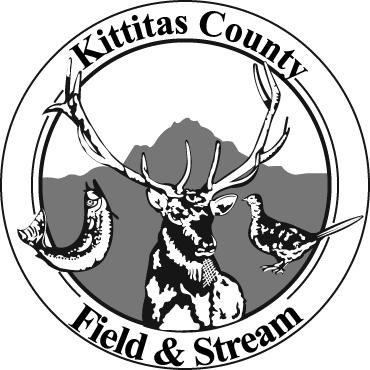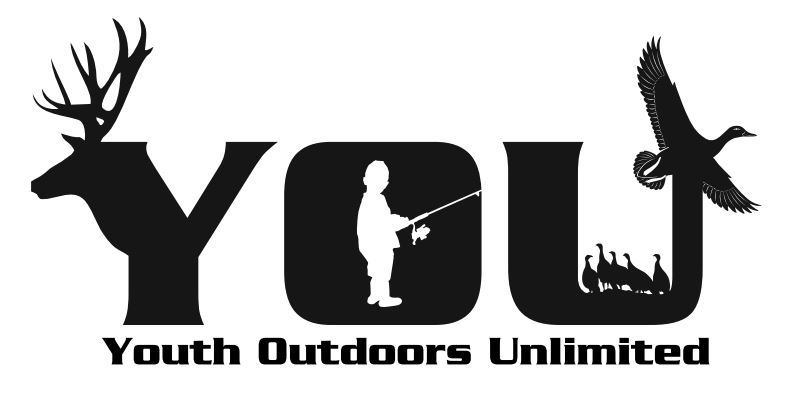Monday morning, following a long Cascade Crest weekend filled with 100-mile runners and 36 hours of ham radio operation, Homey just didn’t get it.
“What’s the point? A hundred and some people try to run 100 miles over dirt, rocks, downed trees and gravel roads. And you and 40 of your radio buddies try to keep track of them from place to place while a hundred other people provide food and first aid at those places up there around Easton. What’s in it for you? What’s the point? It’s crazy. I don’t get it.”
Still lagging a bit from a weekend of all night and day radio work, I struggled for a moment with his consternation. How do you explain the privilege of supporting men and women who are testing the boundaries of their spirits and their bodies? How do you explain the determination of a runner who has made almost 74 miles and just can’t continue through the pain of feet and muscles, but does…or the joy of someone who has completed that 73.9 miles for the first time and smiles his or her way up and over the hill to the finish? Finally, I turned to him with his own history lesson.
“How many times have you told me about you and your boy spending two days getting a big elk out of the bottom of that deep draw in the L.T. Murray? Six or eight? And how does your story always end? You say something like, ‘Boy, that day we learned what we could accomplish if we stuck to it…’ Well, I think that all of us, at some point, need to know the limits of what we can accomplish. There are countless ways we seek and find those limits, and runs like the Cascade Crest 100 provide one of them. As to why we go play radio while the runners push their limits, it’s pretty simple for me; ham radio is fun, of course, but it’s the same sense I had when I was teaching at Central—it is an honor to support people who are figuring out why they came to the planet.”
This was a great year for the run through some of the most beautiful scenery in Paradise. 155 people started the race. 117 of them finished it. This was the largest field of runners in the 15 years of the endurance run, and the percentage of finishers has only been matched once. New race coordinator Rich White and his crew of race officials and aid station personnel, working in concert with the ham operators controlling the net from the Easton Fire Station and all the hams out in the hills did a great job of keeping runners safe and counted. It takes a lot of people to manage an event like this and it came off without a troublesome glitch. We got lucky.
Diane and I worked the Mineral Creek Aid Station (milepost 73.9—one of 15 stations along the 100 miles), as we have each year since 2007. Aside from the wild berries, the runners and the camaraderie of the aid station crew, there is something about spending a crisp late August night in the Cascades that draws us back. Then, too, there are the individual stories.
The story I share most often goes back to our first year working the race. A woman, likely in her early 40s, jogged up to our food table, grabbed a handful of candy, a piece of fruit, poured down a half cup of warm potato soup and took a sip of Coke. At that point she stepped back, looked at our sign saying she was at 73.9 miles, half-smiled and said, “Cool… only a marathon left.”
Every runner has a story of course, but two of this years’ are iconic, I think.
Hans-Deiter Weisshaar, is a German runner who has competed for years in the Cascade Crest Ultramarathon. More than that, he has completed over a hundred of these 100-mile races. He finished this year’s race in around 31 hours, 109th of the 117 finishers. Oh, yeah. Hans is 73.
Runner number 44 arrived at Mineral Creek a few hours before daylight. He could hardly move. His feet were blistered and raw, he hurt, and he was cold, cold. There seemed little likelihood that he could go on, but we left him to make that call. He would wait for daylight, he insisted. The aid crew wrapped him in blanket after blanket, gave him warm sustenance and handed him several hand warmers. He leaned to one side in the folding chair, eyes closed and still in his cocoon of covers, for an hour, and another—and another. At some point, as daylight filled our draw, he stirred. He looked around and said something about needing to work on his feet. I turned to handle a radio call, and when that task was finished, I heard “Runner 44, out,” meaning he was leaving the aid station.
We watched him head up the hill, looked at each other, and knew he would make it. He had been on that chair for three hours and 31 minutes. Several hours later, back at Easton, at the start and finishing point of the race, we watched #44 Allan Dushan, of White Salmon, cross the finish line. He was the 90th runner to do so.
It is an honor to share time with people fully experiencing their lives, outdoors.




